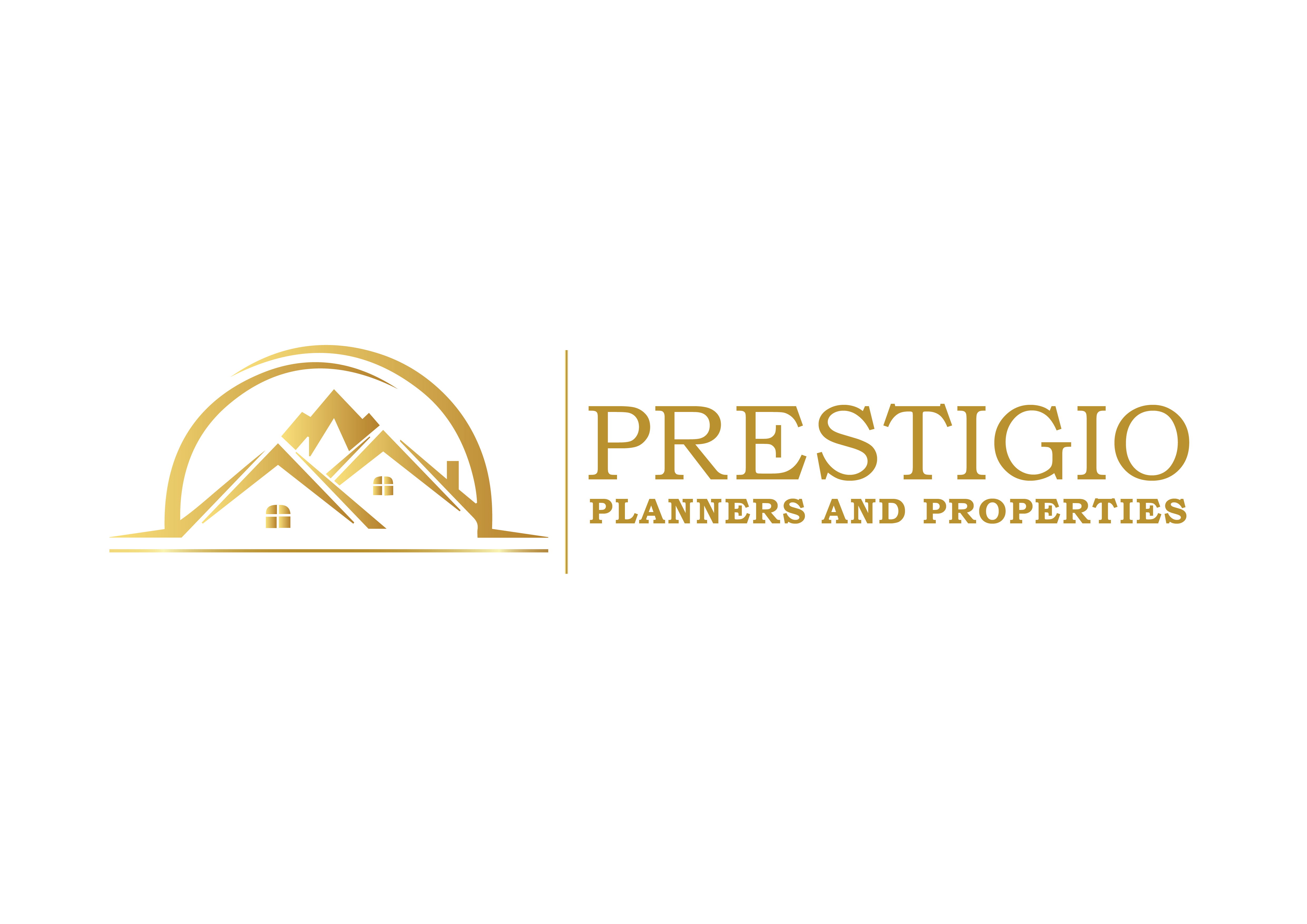Property management is a critical aspect of real estate that ensures properties are well-maintained, tenants are satisfied, and investments are protected. Whether dealing with residential, commercial, or industrial properties, effective property management requires a blend of organizational skills, financial acumen, and interpersonal abilities. This article delves into the key responsibilities of property managers, the challenges they face, and the benefits of professional property management.
Key
Responsibilities of Property Managers
Property managers are responsible for a wide range of tasks that ensure the smooth operation of a property. These responsibilities include:
- Tenant
Management involves finding and screening tenants, handling lease agreements, and addressing tenant concerns. Effective communication and conflict resolution skills are essential to maintaining positive tenant
relationships.
- Maintenance
and Repairs: Property managers must ensure that the property is in good
condition. This includes routine maintenance, emergency repairs, and regular
inspections. They coordinate with contractors and service providers to address
any issues promptly.
- Financial
Management: Managing the financial aspects of a property is crucial. Property
managers handle rent collection, budgeting, and financial reporting. They also
ensure that property taxes, insurance, and other expenses are paid on time.
- Legal
Compliance: Property managers must be knowledgeable about local, state, and
federal laws that affect property management. This includes understanding
landlord-tenant laws, fair housing regulations, and safety codes.
Challenges
in Property Management
Property management comes with its own set of challenges that require proactive and strategic approaches. One major challenge is dealing with difficult tenants. Property managers must handle late payments, property damage, and lease violations while maintaining professionalism and adhering to legal guidelines.
Another challenge is maintaining the property in good condition. This requires regular inspections and timely repairs, which can be costly and time-consuming. Property managers must balance the need for maintenance with budget constraints and prioritize tasks effectively.
Additionally, staying updated with changing laws and regulations is essential. Property managers must continuously educate themselves to ensure compliance and avoid legal issues that could arise from ignorance or oversight.
Benefits
of Professional Property Management
Hiring a professional property management company offers numerous benefits to property owners. Firstly, it saves time and reduces stress. Property managers handle the day-to-day operations, allowing owners to focus on other investments or personal pursuits.
Secondly, professional property management can lead to higher tenant retention rates. Experienced managers know how to keep tenants satisfied, reducing turnover and vacancy rates. This results in a more stable and predictable income stream for property owners.
Moreover, professional property managers have access to a network of reliable contractors and service providers. This ensures that maintenance and repairs are carried out efficiently and cost-effectively. They also have the expertise to market properties effectively, attracting high-quality tenants and maximizing rental income.
Conclusion
Effective
property management is essential for maintaining the value and profitability of
real estate investments. By handling tenant relations, maintenance, financial
management, and legal compliance, property managers play a vital role in the
real estate industry. Despite the challenges, the benefits of professional
property management make it a worthwhile investment for property owners seeking
to optimize their assets and ensure long-term success.

